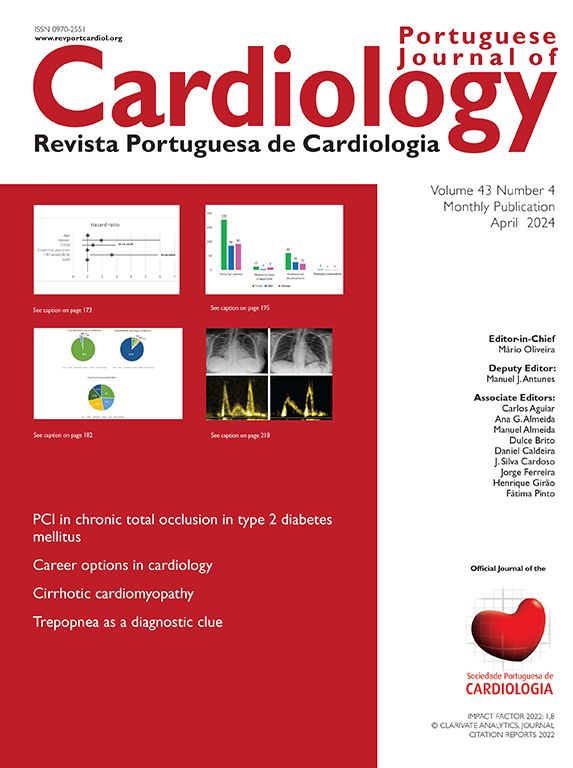We have read with great interest the comments made by Guner et al. regarding our article, “A pregnant woman with a prosthetic mechanical valve”.1 We appreciate the merits of their research on thrombolysis in pregnant women,2 in patients with obstructive and non-obstructive prosthetic valve thrombosis. Still, we believe that their findings do not apply to our patient's clinical condition.
As assessed by the neurologist, the patient had mild neurological deficits at the first admission, with mild right hemiparesis (grade 4/5) and mild dysarthria, with coherent speech. Given her low NIH Stroke Scale score, she was not considered a candidate for stroke thrombolysis.
From the cardiology/cardiac surgery perspective, given her history of recent inadequate anticoagulation and the presence of non-obstructive thrombosis, thrombolysis was not considered the first treatment option. She was managed according to the recently revised European recommendations,3,4 in which optimal anticoagulation is recommended as a first choice. She evolved favorably at that time, with progressive decrease in size and mobility of thrombi. The patient's subsequent evolution, with a right middle cerebral artery infarction in the third trimester of pregnancy, was associated with fetal suffering and need for an emergent cesarean section, which contraindicated stroke thrombolysis at that time.
In summary, we feel that, as studied by our colleagues, low-dose thrombolysis could be an important treatment option in patients with obstructive left-sided prosthetic valve thrombosis or with non-obstructive disease that persists under optimal anticoagulation.
Conflicts of interestThe authors have no conflicts of interest to declare.



